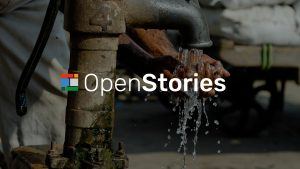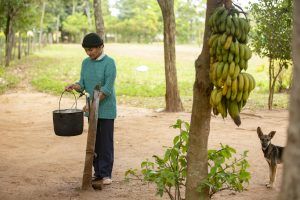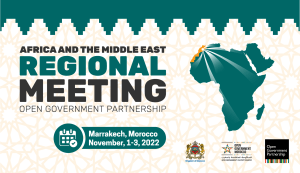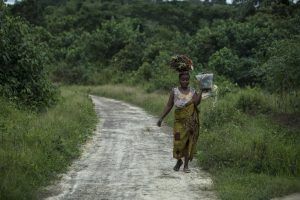Challenges involved with safe water, sanitation and hygiene (WASH) are increasingly complex and widespread. According to the WHO/UNICEF Joint Monitoring Programme , around the world, 30 percent of people do not have access to clean water and a troubling six in ten lack safely managed sanitation.
Climate change is adding further stress to water safety and security and is already affecting water access for people around the world, due to more severe droughts and floods. These more frequent extreme weather events threaten the sustainability of services through damage to WASH infrastructure and degraded physical access to WASH facilities.
Smart investments in WASH are a foundation for resilience and public health, and WASH services can be greatly improved with better transparency, participation, inclusion, and accountability.
WASH, along with other public services such as health and education, are some of the least explored areas in OGP. Current and previous commitments, encouragingly, focus on creating inclusive dialogue and feedback loops. 68% of these commitments have been deemed ambitious – meaning they have the potential to lead to significant change on the ground if fully implemented – by the Independent Reporting Mechanism, which is much higher than the global average.
An important contributor to the development of OGP commitments on WASH is the Community of Practice on Water and Open Government. This group of organizations is working hard to promote fairer, more reliable and more efficient water and sanitation delivery by connecting the WASH and OGP networks and developing valuable recommendations for OGP action plans.OGP members can use their action plans to address many of the root causes of WASH issues, including corruption and poor quality, as well as lack of prioritization, access, equity, and accountability.






